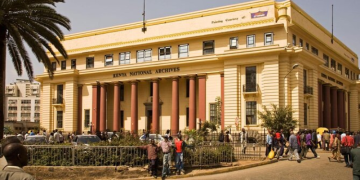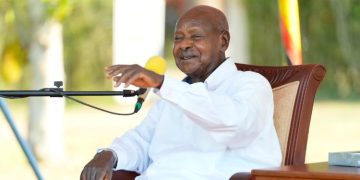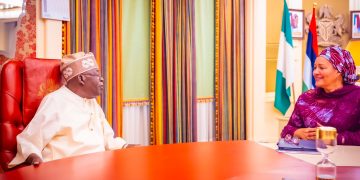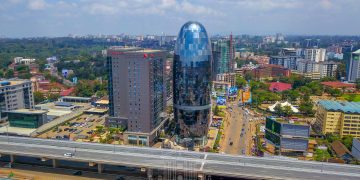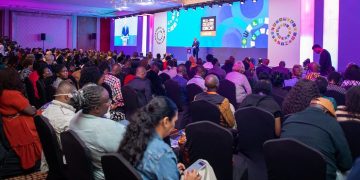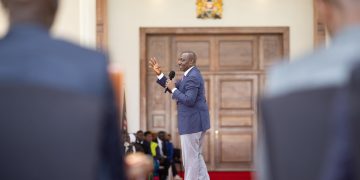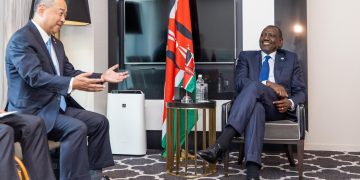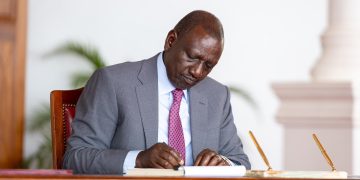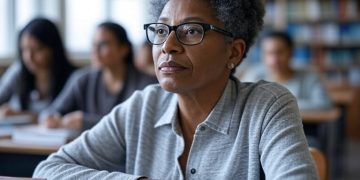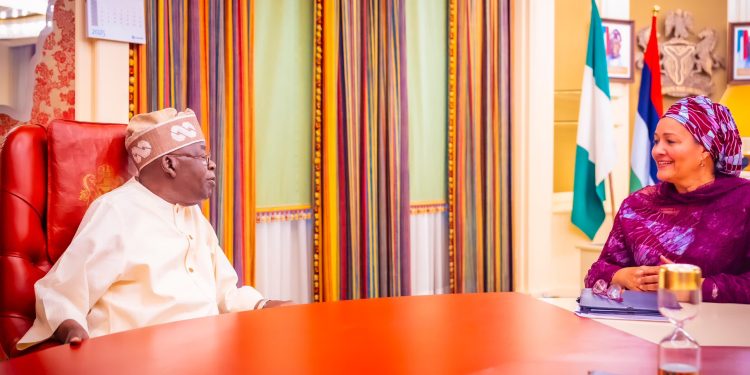Nearly one in four Sub-Saharan Africans resides in Nigeria. It is the seventh most populous country in the world. Nigeria has a federal system of government with 36 states and the Federal Capital Territory of Abuja. Within the states, there are 744 local governments. The country is multilingual and home to more than 250 different ethnic groups. The languages of the three largest groups, the Yoruba, the Ibo, and the Hausa, are the languages of instruction in the earliest years of basic instruction.
Nigeria has a particular focus on girls’ education as a fundamental human right and is signatory to the major conventions for the protection of the rights of children and women. In 2004, the country passed the Universal Basic Education (UBE) law with the aim of achieving the Education For All (EFA) goals.
The Nigerian Government has introduced two innovative programs to tackle the issue of out-of-school children and to promote girls’ education.
These programs are the Luminah Girl Child Initiative and the Broader Quality Education and Learning Outcomes Program.
In addition, the United Nations has a significant role in promoting girls’ education. For instance, UNICEF in Nigeria has launched comprehensive initiatives to enhance girls’ education with a particular focus on promoting the employment of more female teachers to serve as role models.
Also Read: Reimagining Higher Education: The Entrepreneurial University as Africa’s Beacon of Hope
However, a report by the BBC states that Nigeria is currently experiencing an economic crisis of a generation, leading to widespread hardship and anger.
According to a UNICEF report of 2022, more than 50 percent of girls are not attending school at the basic education level. The report further states that poverty, insecurity, and social and gender norms are the barriers to girls’ education. Nigeria’s child population is large and growing.
Children account for half of the 210 million-strong population. WFP (2025) report states that “Nearly 31 million people in Nigeria are now facing acute hunger, a record number”.
Women’s Empowerment Barriers in Nigeria
Women’s empowerment in Nigeria faces numerous challenges, such as societal, cultural, economic, and political barriers.
These challenges hinder women’s progress in education, healthcare, economic opportunities, and leadership roles.
For example, high rates of early marriage and childbirth interfere with girls’ education and limit their life choices, including higher education.
Gender-based violence, including sexual harassment, domestic violence, and some traditional practices, remains prevalent in many parts of Nigeria.
These issues need to be addressed further to empower women for their active role in the sustainable society.
The Role of the United Nations
The United Nations supports the Nigerian Government in developing and implementing laws and policies that promote gender equality and protect women’s rights, particularly in higher education.
This includes advocating for the passing of the Gender and Equal Opportunity Bill and other legislation with the objective of eliminating discrimination and further ensuring equal education opportunities for women.
Also Read: Why Women in Africa Need Higher Education Empowerment
The United Nations, through various agencies like UNESCO and UNICEF, has a key role in supporting education in Nigeria, in addressing the challenges of access to higher education for women.
Also, UNESCO has performed a vital role in strengthening academic programs for women. Similarly, UNICEF has made major contributions to child development in Nigeria.
UNICEF focuses on emerging issues, including the dropout rate of school children and child protection in the education sector, particularly in Nigeria’s northeast region.
Role of the Education Sector
The Nigerian education system follows a four-year university program leading to a bachelor’s degree.
Certain gaps need to be addressed in the teaching content at the bachelor’s level to strengthen women’s empowerment and their active role in sustainable development in society.
This is important to inculcate the role of youth in addressing the existing barriers to women’s empowerment in the curriculum.
Universities are the primary providers of higher education, offering bachelor’s degrees and postgraduate programs.
Universities have a fundamental responsibility to organize training programs for faculty members, addressing the challenges of women’s empowerment in the classrooms.
Higher education should advance knowledge through research and contribute to national development through women’s empowerment.
Key Challenges
One of the most pressing problems for Nigeria’s higher education system remains the underfunding of its universities.
The federal government needs to increase the budget for higher education with a particular focus on encouraging women to play an active role in the sector.
In Nigeria, the poor working conditions, low remuneration, and inadequate allowances for teachers are major problems that should be addressed.
The Way Forward
Importantly, the government should continue investing in the education sector, with a particular focus on girls’ Education projects, to ensure more girls have access to schooling.
It’s important to provide access to financial services like loans and savings to enable women to start and expand businesses.
Women’s participation in all levels of political leadership should be encouraged.
Training and mentorship programs should be launched to empower women for their effective participation in politics.
Follow our WhatsApp Channel and X Account for real-time news updates.

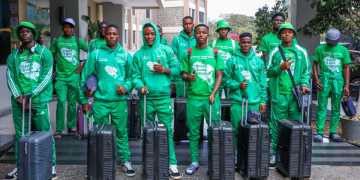
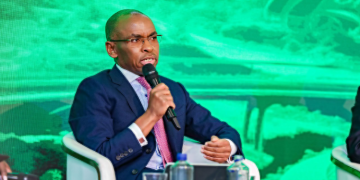
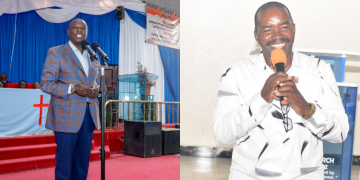
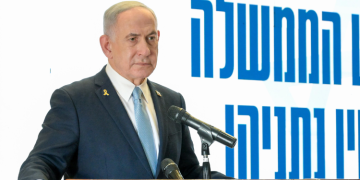
![Kenyans Asked To Submit Objections As 74 Companies Face Deregistration [List] 74 Companies Face Deregistration In Registrar’s Notice]( https://thekenyatimescdn-ese7d3e7ghdnbfa9.z01.azurefd.net/prodimages/uploads/2025/09/kenyans-2025-1-360x180.jpg)
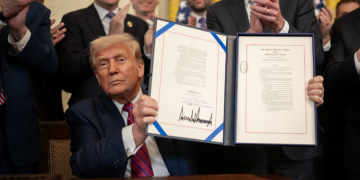
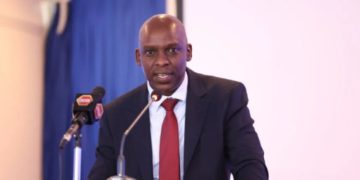
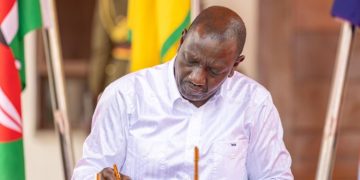






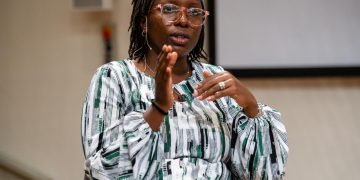
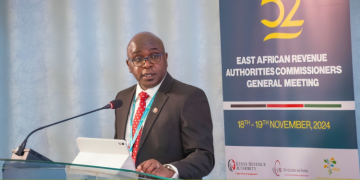

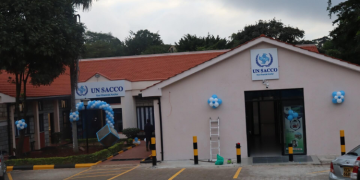

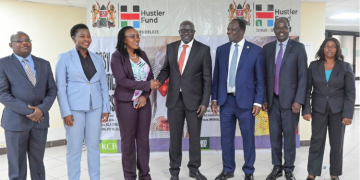
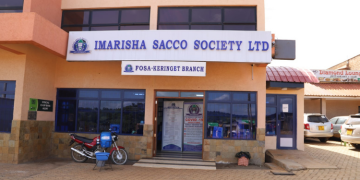

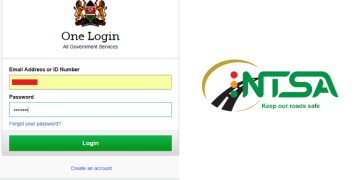
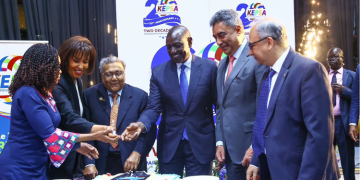

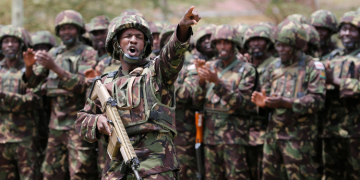


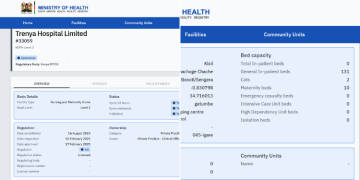

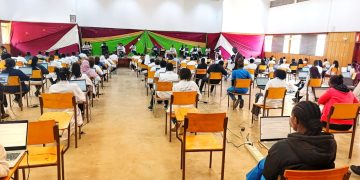
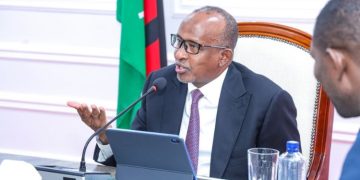


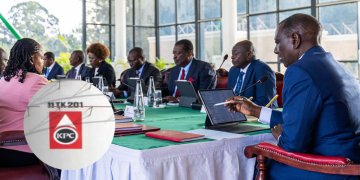





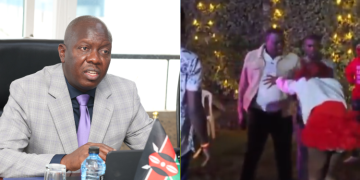









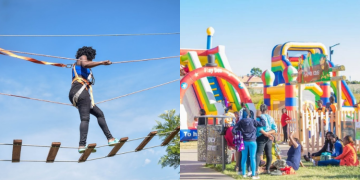


![Ntv Anchors Bring Village To Standstill With Heartwarming Birthday Party [Photos] A Photo Of Ntv Swahili Anchors Lofty Matambo And Fridah Mwaka During Their Birthday Celebration In Kilifi County Photo/ Lofty Matambo And Fridah Mwaka]( https://thekenyatimescdn-ese7d3e7ghdnbfa9.z01.azurefd.net/prodimages/uploads/2025/09/A-photo-of-NTV-Swahili-anchors-Lofty-Matambo-and-Fridah-Mwaka-during-their-birthday-celebration-in-Kilifi-County-PHOTO-Lofty-Matambo-and-Fridah-Mwaka-360x180.png)




